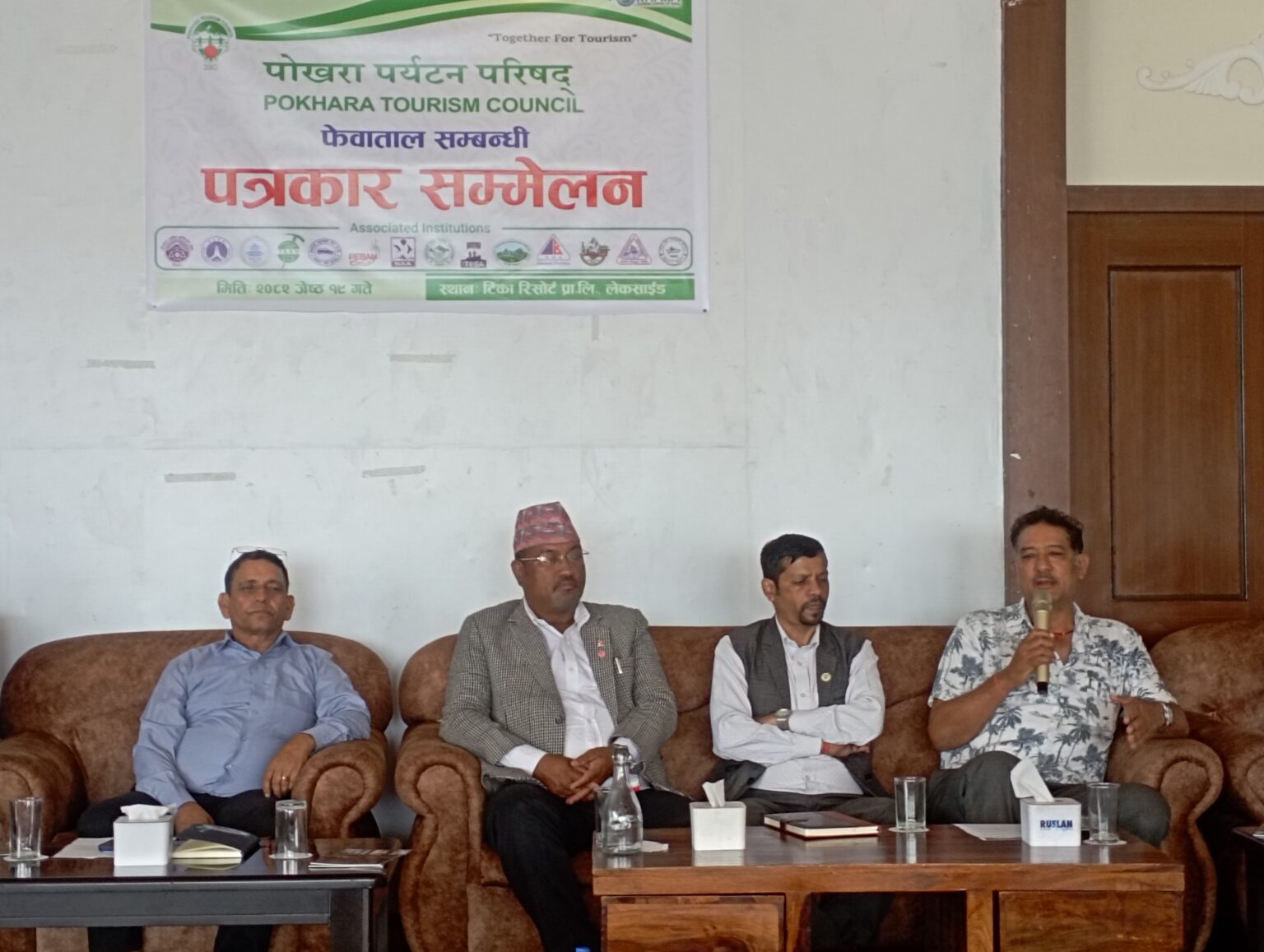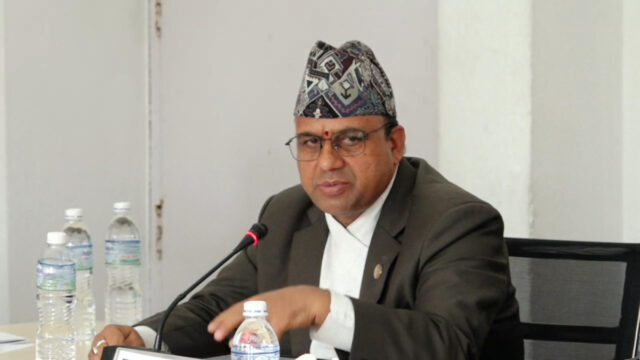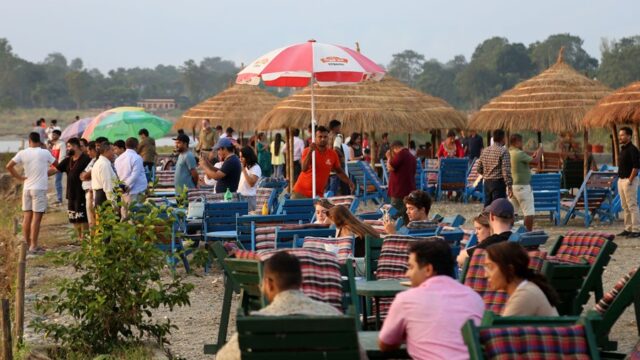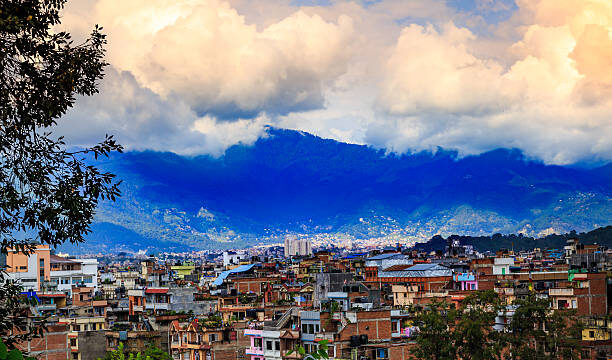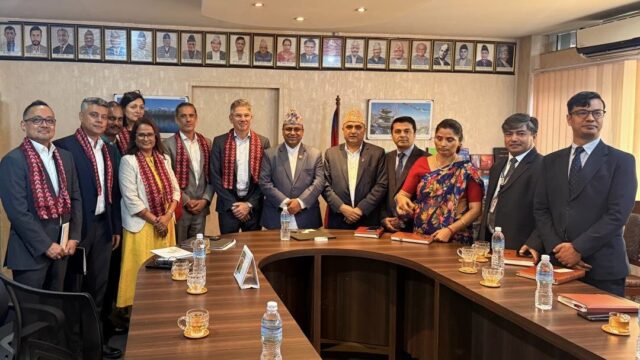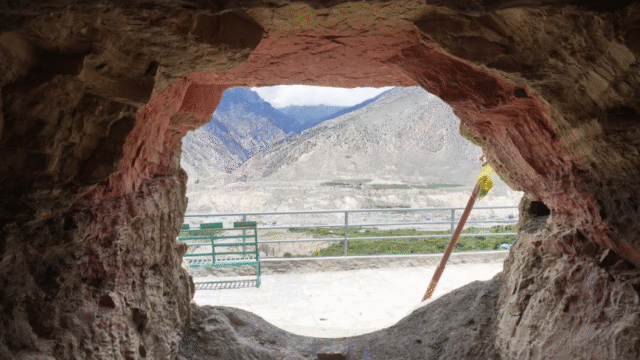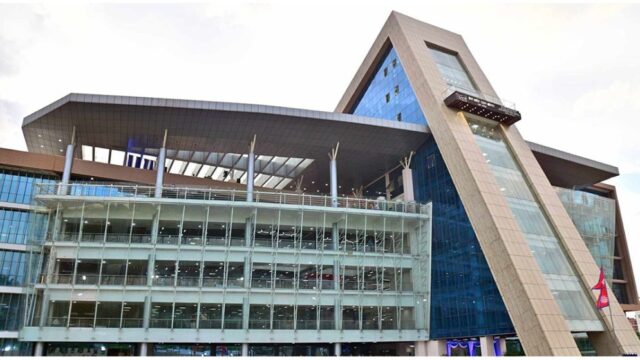The Pokhara Tourism Council has strongly objected to the ongoing installation of boundary poles around Fewa Lake, citing the lack of a long-term and inclusive plan. At a press conference held yesterday, the Council expressed serious concerns that unplanned demarcation activities could jeopardize the future of Pokhara’s tourism.
Pokhara Tourism Council Raises Objection
The demarcation process, initiated by the Facilitation Committee formed to implement the Supreme Court’s decision on Fewa Lake protection, began on Saturday. However, the Council claims that the process lacks adequate consultation with local stakeholders and threatens to damage Lakeside, Pokhara’s premier tourist hub.
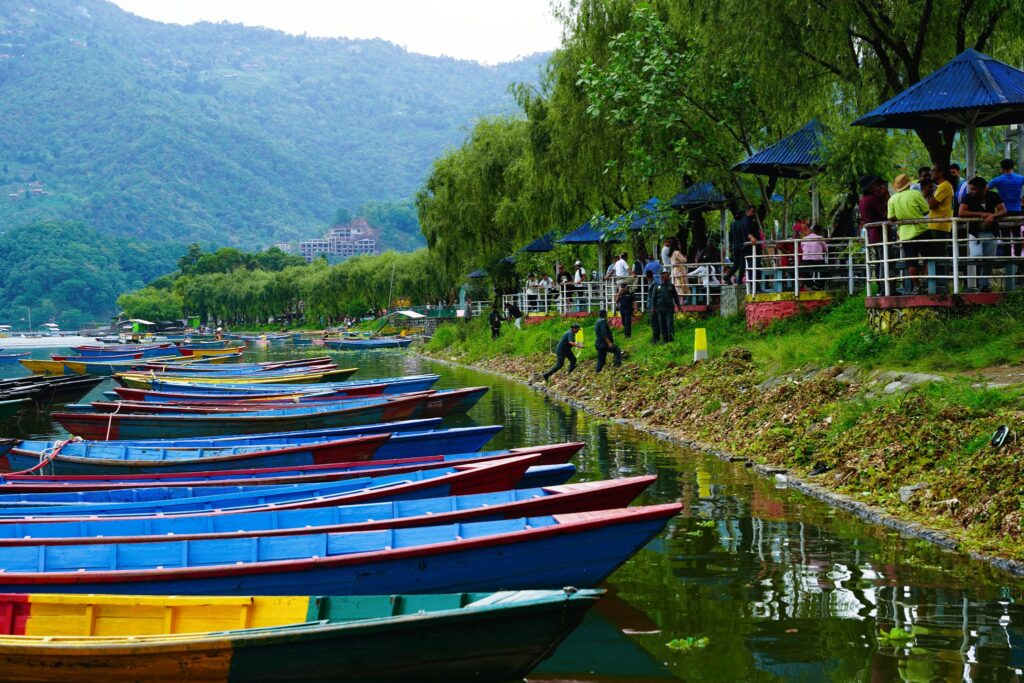
Tourism Council Chairperson Taranath Pahari highlighted that placing boundary poles based on an arbitrary 65-meter standard without a clear, agreed-upon strategy could displace residents and dismantle years of tourism investment. “Pokhara cannot be promoted as a tourism capital by destroying Lakeside. The demarcation must not proceed without the consent of landowners and a proper compensation mechanism,” said Pahari. He also suggested that if compensation cannot be guaranteed, a 30-meter standard could be a more realistic and community-friendly alternative.
Former Council President Surya Bhujel remarked that the boundary poles appear to be a hasty attempt to avoid contempt of court charges two years after the Supreme Court ordered the completion of conservation work within six months. Senior tourism entrepreneur Ganesh Bahadur Bhattarai added that any effort to define the lake’s boundary without holding dialogue with locals is fundamentally flawed.
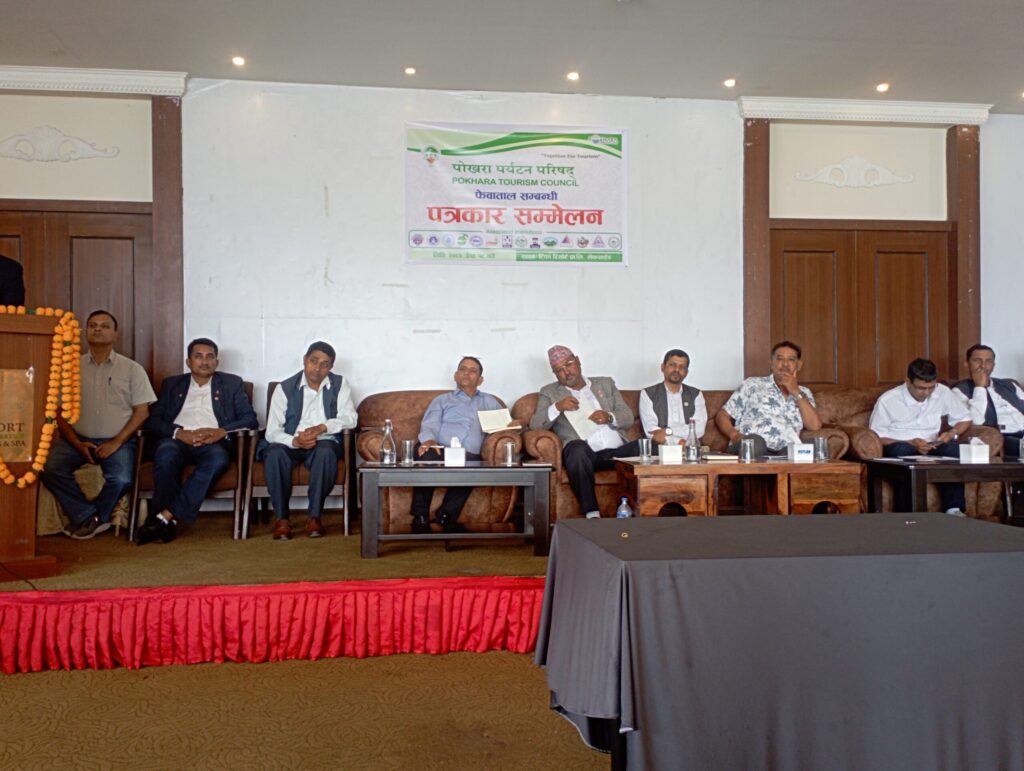
First Vice President of the Council, Hari Bhujel, emphasized that destroying the foundation of Pokhara’s tourism, the Lakeside, would be counterproductive to the dream of establishing the city as a tourism capital. Similarly, Gokarna Karki, President of the Pokhara Chamber of Commerce and Industry, stressed the importance of local consensus in such a sensitive issue.
Umaraj Bastola, President of the Kaski Chamber of Commerce, and Council General Secretary Jeevanraj Sapkota also echoed the need for boundary demarcation to be resolved through community participation and agreement.
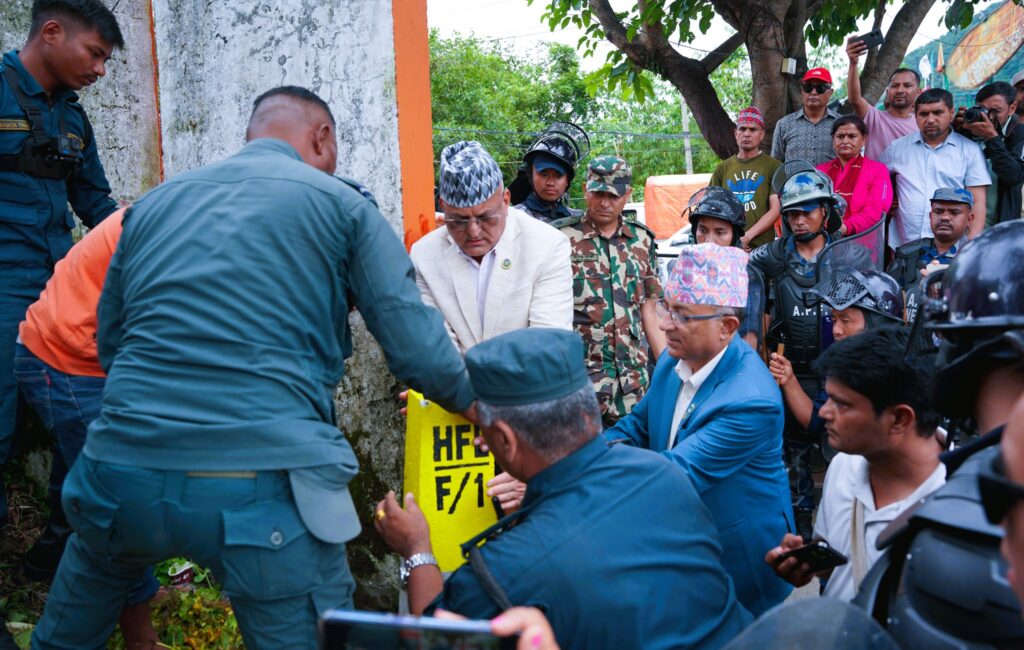
The press conference also reflected on Pokhara’s rich tourism history, which dates back to the era of mountain tourism in the 1950s and the hippy influx of the 1960s. It highlighted that the area between Damside and Khapaundi, including key tourist zones such as Barahi Chowk, Hallan Chowk, Khahare, and surrounding areas, currently hosts billions of rupees in investments across hotels, restaurants, guest houses, trekking agencies, and other tourism-related services.
Tourism stakeholders are urging the government to reconsider its approach and develop a holistic, participatory master plan that balances lake conservation with the sustainable development of Pokhara’s vital tourism economy.
